To navigate the vast seas, you must have the right marine navigation equipment with you. An indispensable nautical navigational device you will need is the GPS. The GPS has revolutionised how ships navigate vast waters by providing accurate positioning information. In this blog, we explore the significance of GPS navigation at sea and its numerous benefits for commercial and amateur fishers or seafarers.
What Is a GPS and How Does It Work in Marine Navigation?
Essentially, a global positioning system (GPS) is a network of satellites and receiving devices used to identify the location of a vessel at sea. These satellites continuously transmit signals that GPS receivers onboard ships will receive. A GPS receiver can determine its precise location, speed, and time by triangulating signals from multiple satellites. This information is displayed on electronic navigation systems, enabling seafarers to sail through accurately and confidently.
The Benefits of Using GPS in Marine Navigation
As GPS gives you all the information you need to identify your location and find the best possible route, it ultimately leads to other benefits, including:
1. Enhanced speed and efficiency
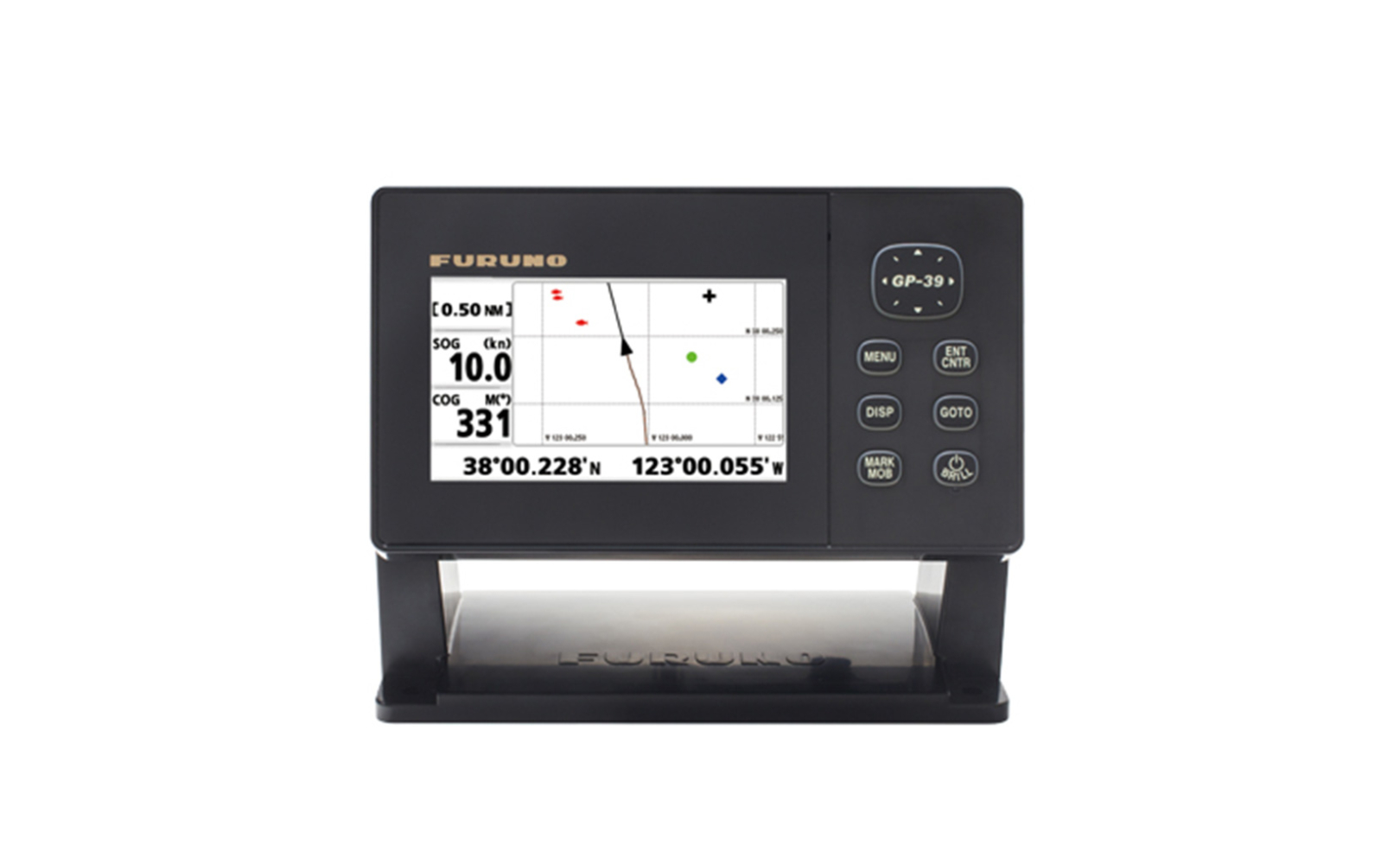
When you need to be at a specific port at a certain time, a GPS makes it easier for you to determine the best possible route to take. Using a GPS allows you to consider different factors, such as currents, tides, and weather conditions when choosing the right course to your destination. It ultimately helps you confidently navigate through narrow channels, intricate coastlines, and even congested ports efficiently. If you’re looking for a
GPS chart plotter that can help you go sail to your destination efficiently, then the Element Series from
Raymarine can be a great choice.
2. Improved safety at sea
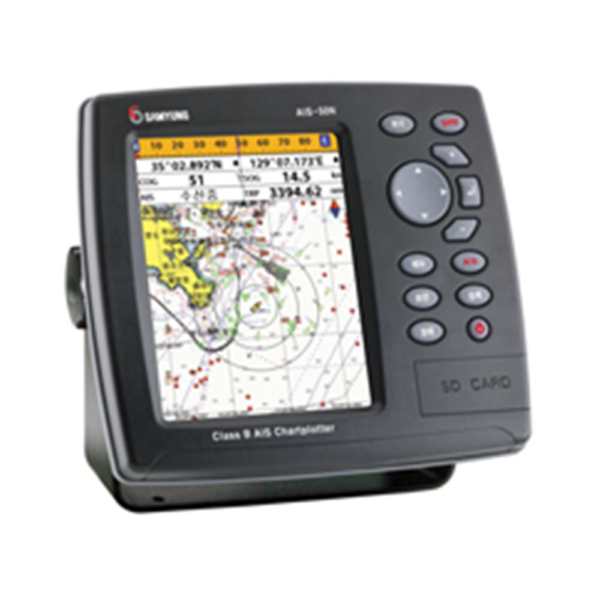
One of the most critical aspects of maritime navigation is ensuring the safety of the vessel and crew. GPS plays a pivotal role in enhancing safety at sea and having a reliable GPS is one of the
top safety tips for any marine vessel. With real-time positioning information, ships can navigate with greater awareness and make informed decisions to avoid hazards. GPS allows sailors to steer clear of reefs, sandbars, and submerged objects that can cause grounding or damage to the vessel. It also aids in identifying and avoiding areas with strong currents or adverse weather conditions, reducing the risk of accidents and ensuring a safer voyage.
Nowadays, seafarers have marine equipment that combines navigation and communication in the form of an AIS transponder. There are modern
AIS transponders that combine GPS technology and radio communication, enabling ships to exchange vital information, such as position, speed, and course. This real-time data allows ships to detect collisions early so that they can take proactive measures to avoid accidents and safeguard their crew.
An AIS transponder that comes with its own GPS technology is the
AIS-50N from
Samyung ENC. It’s a Class B AIS transponder that comes with a real-time display of navigation information, preloaded digital worldwide map cartography, and a cursor ID mode that allows easy readout of the target vessel. Learn more about the
different classes of AIS transponders so you can find the right one for your vessel.
3. Reduce fuel consumption
Using GPS for navigation can reduce fuel consumption and limit costs by plotting the most efficient routes to the destination and avoiding unnecessary detours. To limit the time spent at sea and fuel used to get to your destination, a GPS can help you can take advantage of favourable currents and winds, as well as avoid congested shipping ports or busy shipping lanes with ease. Furthermore, having an accurate arrival time with the help of a GPS can enable you to reduce the need to maintain high speeds and waste fuel unnecessarily.
Get Your Marine Navigation Equipment from Tecomart
When it comes to trusted GPS equipment or other
marine navigation equipment, you can trust that
Tecomart has what you need. We are a trusted supplier of well-known marine navigation and communication equipment with a catalogue of tools and devices from brands, such as ICOM, SIMRAD, and SAMYUNG ENC. Browse through our broad list of marine equipment and get all you need for your next voyage at sea. To know more about the products we provide, please
reach out to us.
 When you need to be at a specific port at a certain time, a GPS makes it easier for you to determine the best possible route to take. Using a GPS allows you to consider different factors, such as currents, tides, and weather conditions when choosing the right course to your destination. It ultimately helps you confidently navigate through narrow channels, intricate coastlines, and even congested ports efficiently. If you’re looking for a GPS chart plotter that can help you go sail to your destination efficiently, then the Element Series from Raymarine can be a great choice.
When you need to be at a specific port at a certain time, a GPS makes it easier for you to determine the best possible route to take. Using a GPS allows you to consider different factors, such as currents, tides, and weather conditions when choosing the right course to your destination. It ultimately helps you confidently navigate through narrow channels, intricate coastlines, and even congested ports efficiently. If you’re looking for a GPS chart plotter that can help you go sail to your destination efficiently, then the Element Series from Raymarine can be a great choice.
 One of the most critical aspects of maritime navigation is ensuring the safety of the vessel and crew. GPS plays a pivotal role in enhancing safety at sea and having a reliable GPS is one of the top safety tips for any marine vessel. With real-time positioning information, ships can navigate with greater awareness and make informed decisions to avoid hazards. GPS allows sailors to steer clear of reefs, sandbars, and submerged objects that can cause grounding or damage to the vessel. It also aids in identifying and avoiding areas with strong currents or adverse weather conditions, reducing the risk of accidents and ensuring a safer voyage.
Nowadays, seafarers have marine equipment that combines navigation and communication in the form of an AIS transponder. There are modern AIS transponders that combine GPS technology and radio communication, enabling ships to exchange vital information, such as position, speed, and course. This real-time data allows ships to detect collisions early so that they can take proactive measures to avoid accidents and safeguard their crew.
An AIS transponder that comes with its own GPS technology is the AIS-50N from Samyung ENC. It’s a Class B AIS transponder that comes with a real-time display of navigation information, preloaded digital worldwide map cartography, and a cursor ID mode that allows easy readout of the target vessel. Learn more about the different classes of AIS transponders so you can find the right one for your vessel.
One of the most critical aspects of maritime navigation is ensuring the safety of the vessel and crew. GPS plays a pivotal role in enhancing safety at sea and having a reliable GPS is one of the top safety tips for any marine vessel. With real-time positioning information, ships can navigate with greater awareness and make informed decisions to avoid hazards. GPS allows sailors to steer clear of reefs, sandbars, and submerged objects that can cause grounding or damage to the vessel. It also aids in identifying and avoiding areas with strong currents or adverse weather conditions, reducing the risk of accidents and ensuring a safer voyage.
Nowadays, seafarers have marine equipment that combines navigation and communication in the form of an AIS transponder. There are modern AIS transponders that combine GPS technology and radio communication, enabling ships to exchange vital information, such as position, speed, and course. This real-time data allows ships to detect collisions early so that they can take proactive measures to avoid accidents and safeguard their crew.
An AIS transponder that comes with its own GPS technology is the AIS-50N from Samyung ENC. It’s a Class B AIS transponder that comes with a real-time display of navigation information, preloaded digital worldwide map cartography, and a cursor ID mode that allows easy readout of the target vessel. Learn more about the different classes of AIS transponders so you can find the right one for your vessel.

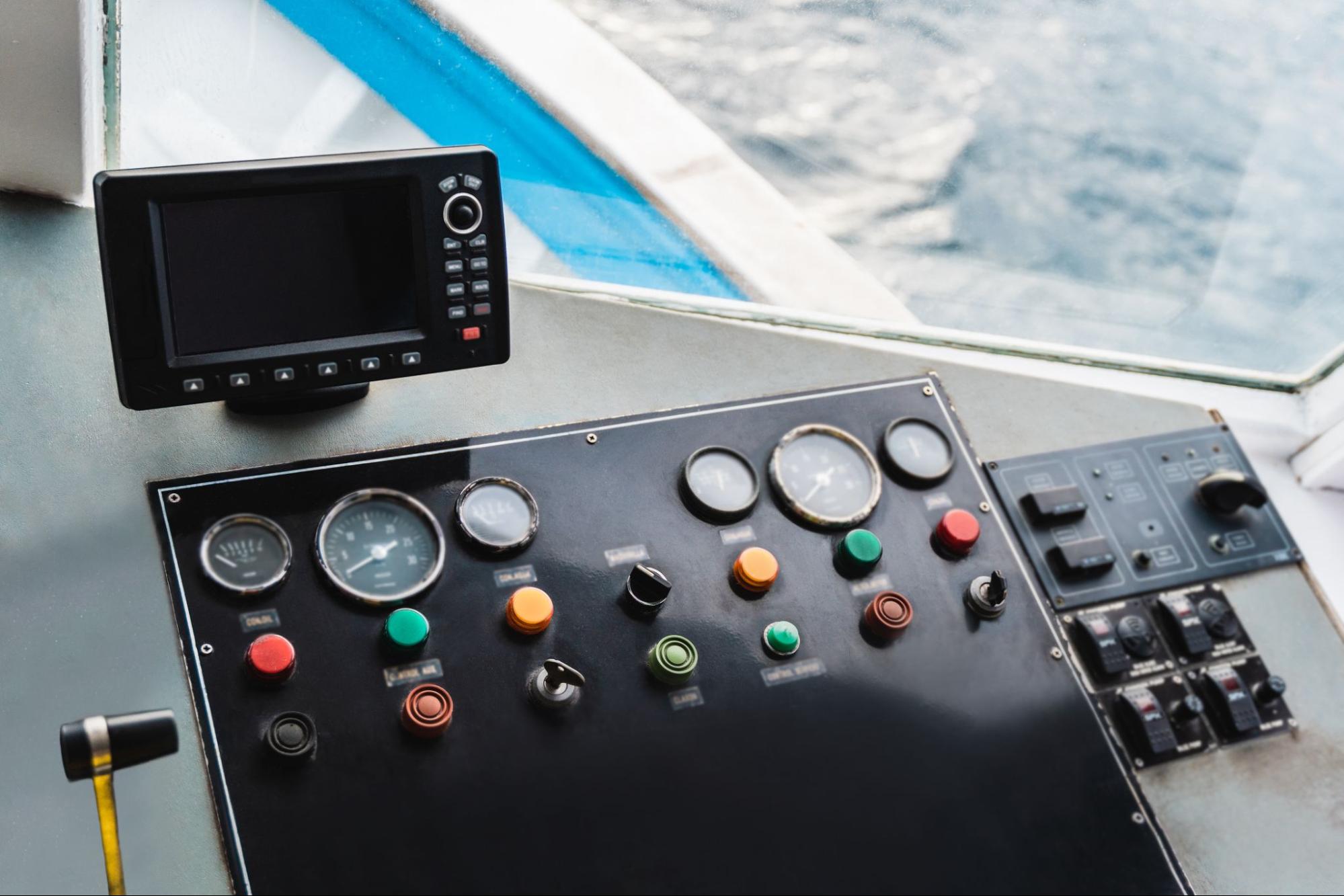
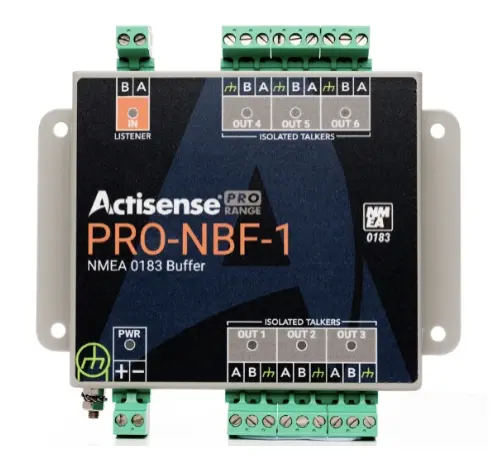
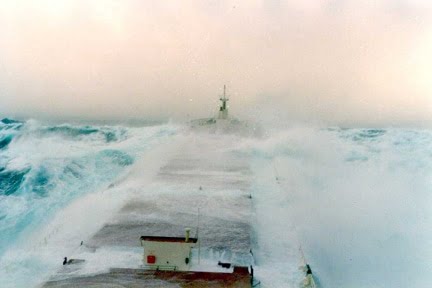
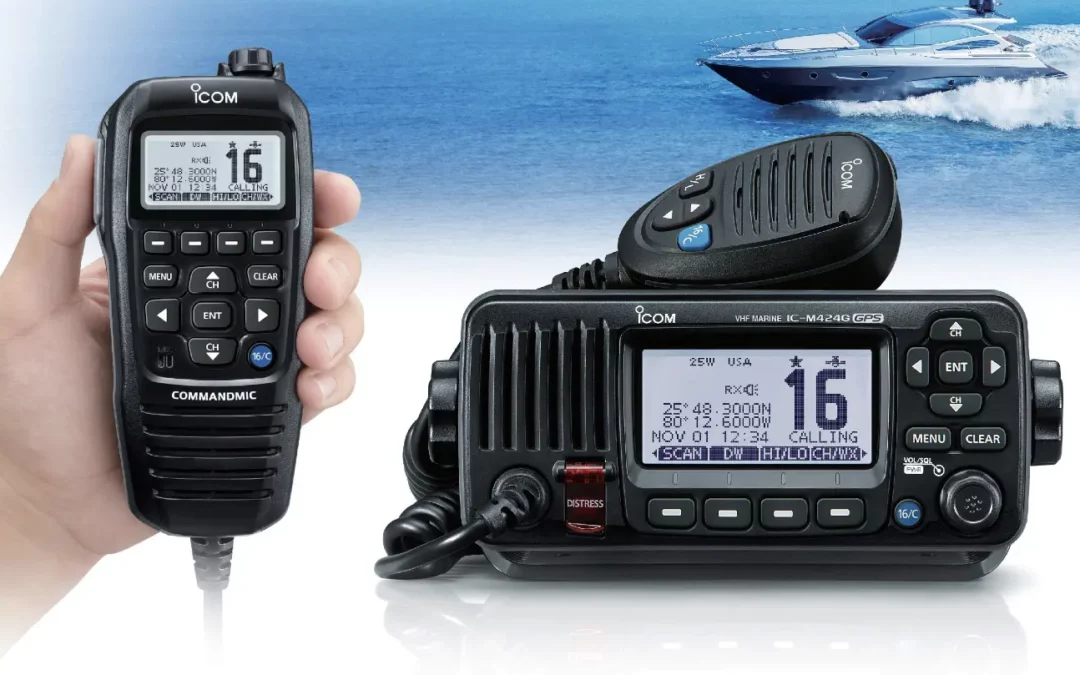
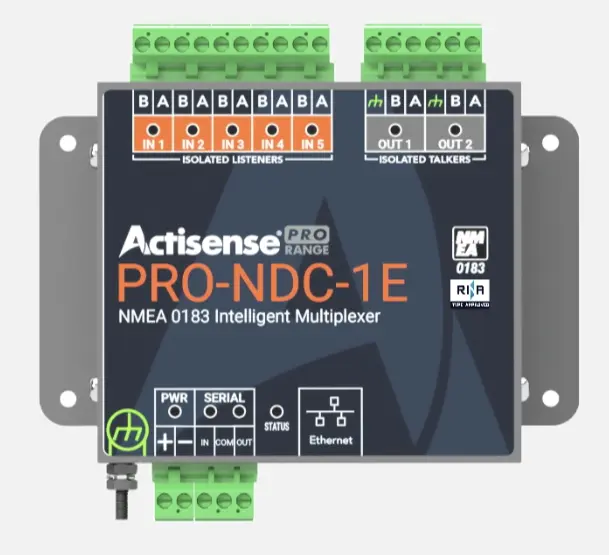
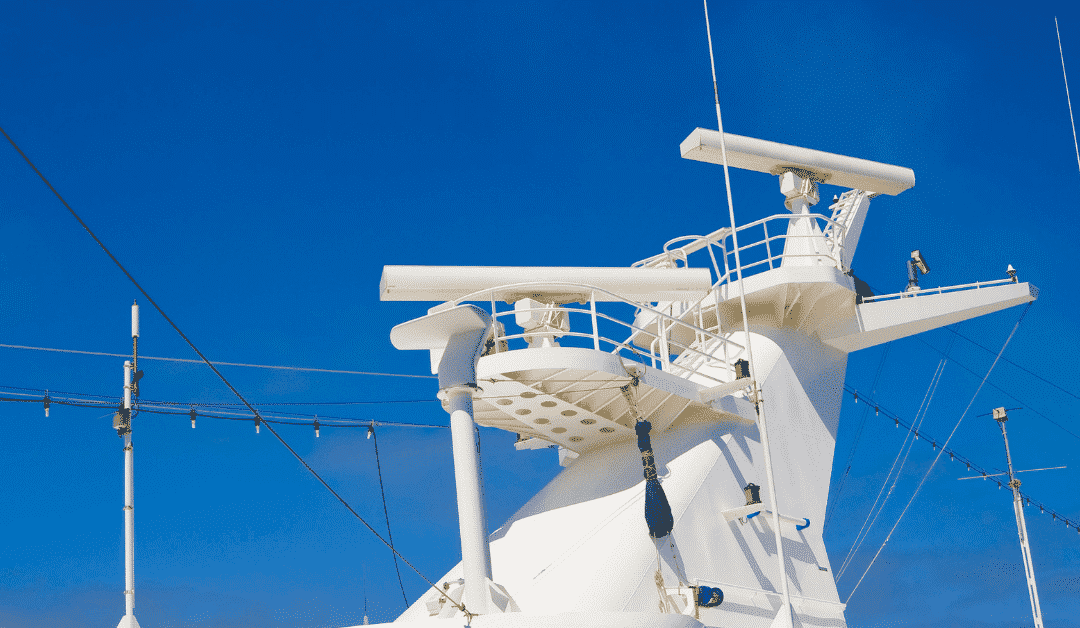
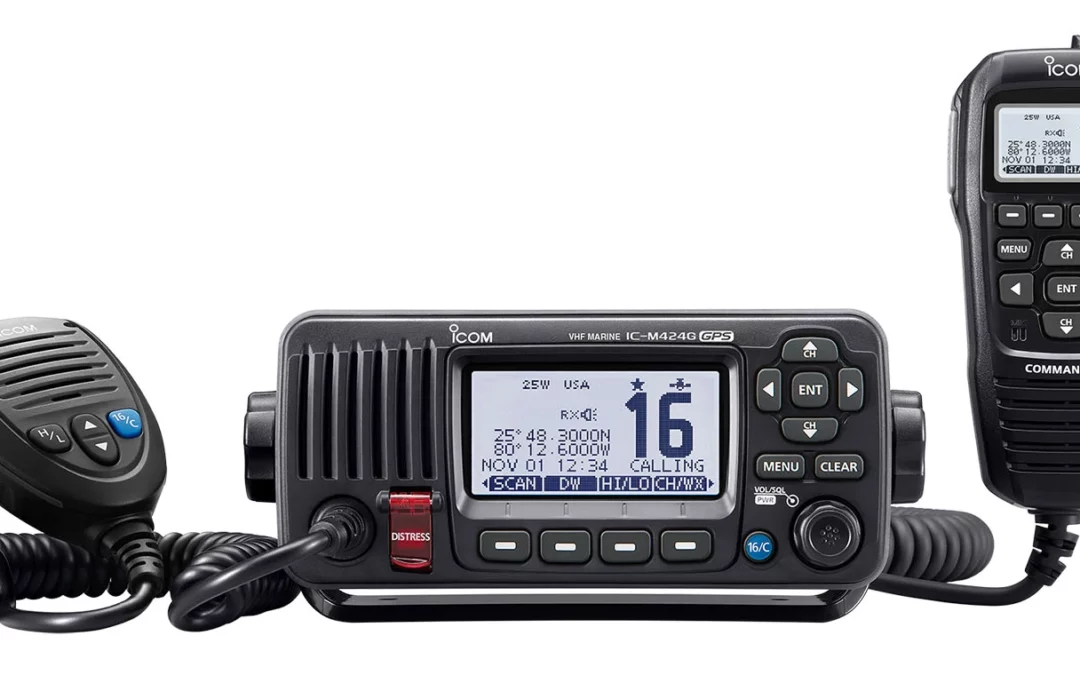
0 Comments